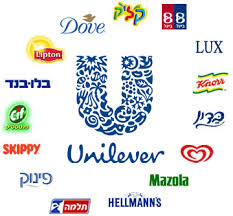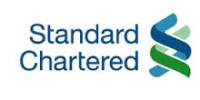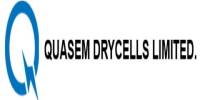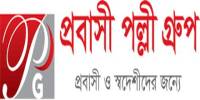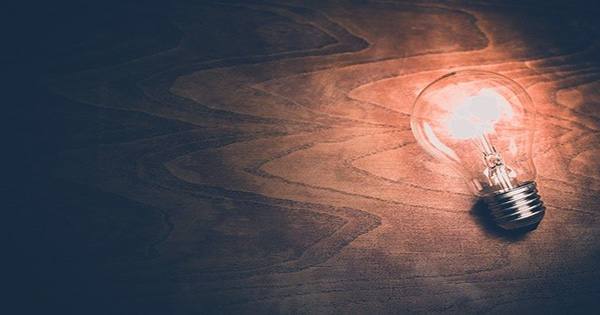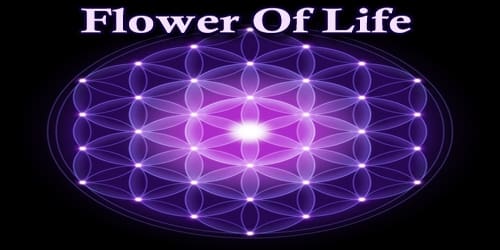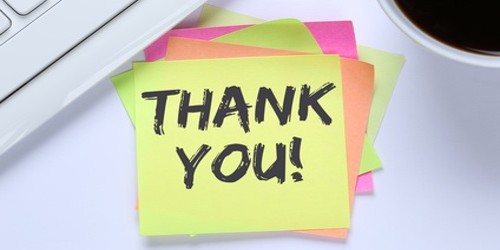Unilever Bangladesh
William Hesketh Lever founded Lever Brothers in 1885. Lever established soap factories around the world. In 1917, he began to diversify into foods, acquiring fish, ice cream and canned foods businesses. In the Thirties, Unilever introduced improved technology to the business. The business grew and new ventures were launched in Latin America. The entrepreneurial spirit of the founders and their caring approach to their employees and their communities remain at the heart of Unilever’s business today.
Unilever was formed in 1930 when the Dutch margarine company Margarine Unie merged with British soap maker Lever Brothers. Companies were competing for the same raw materials, both were involved in large-scale marketing of household products and both used similar distribution channels. Between them, they had operations in over 40 countries. Margarine Unie grew through mergers with other margarine companies in the 1920s.
In a history that now crosses three centuries, Unilever’s success has been influenced by the major events of the day –economic boom, depression, world wars, changing consumer lifestyles and advances in technology. And throughout they’ve created products that help people get more out of life–cutting the time spent on household chores, improving nutrition, enabling people to enjoy food and take care of their homes, their clothes and themselves. Through this timeline you’ll see how UBL brand portfolio has evolved. At the beginning of the 21st century, path to Growth strategy focused us on global high-potential brands and Vitality mission is taking us into a new phase of development. More than ever, how brands are helping people ‘feel good, look good and get more out of life’ – a sentiment close to Lord Lever Hulme’s heart over a hundred years ago.
Timeline
19th century: Although Unilever wasn’t formed until 1930, the companies that joined forces to create the business we know today were already well established before the start of the 20th century.
1900s: Unilever’s founding companies produced products made of oils and fats, principally soap and margarine. At the beginning of the 20th century their expansion nearly outstrips the supply of raw materials.
1910s: Tough economic conditions and the First World War make trading difficult for everyone, so many businesses form trade associations to protect their shared interests.
1920s: With businesses expanding fast, companies set up negotiations intending to stop others producing the same types of products. But instead they agree to merge and so Unilever is created.
1930s: Unilever’s first decade is no easy ride: it starts with the Great Depression and ends with the Second World War. But while the business rationalizes operations, it also continues to diversify.
1940s: Unilever’s operations around the world begin to fragment, but the business continues to expand further into the foods market and increase investment in research and development.
1950s: Business booms as new technology and the European Economic Community lead to rising standards of living in the West, while new markets open up in emerging economies around the globe.
1960s: As the world economy expands so does Unilever and it sets about developing new products, entering new markets and running a highly ambitious acquisition program.
1970s: Hard economic conditions and high inflation make the 70s a tough time for everyone, but things are particularly difficult in the fast-moving consumer goods (FMCG) sector as the big retailers start to flex their muscles.
1980s: The business expands into Central and Eastern Europe and further sharpens its focus on fewer product categories, leading to the sale or withdrawal of two-thirds of its brands.
1990s: The business expands into Central and Eastern Europe and further sharpens its focus on fewer product categories, leading to the sale or withdrawal of two thirds of its brands.
The 21st Centuries: The decade starts with the launch of Path to Growth, a five-year strategic plan, and in 2004 further sharpens its focus on the needs of 21st Century consumers with its Vitality mission.
Unilever Logo Design and History:
In 2005, Unilever decided to change their logo to represent their new theme of vitality. The new logo was also planned to coincide with the 75th anniversary of the company. The new logo tells the story of Unilever and vitality. It brings together 24 different icons representing Unilever and its brands, the idea of vitality and the benefits Unilever brings to consumers.
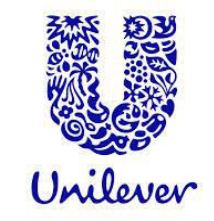
UNILEVER BANGLADESH LIMITED
The history
Unilever Bangladesh Ltd. is one of the world’s most successful fast moving consumer goods manufacturing companies with local manufacturing facilities, reporting to regional business groups for innovation and business results.
Lever Brothers Bangladesh Ltd. as a subsidiary of Unilever is leading the home care, personal care and food product market of Bangladesh. On 25th February 1964 the eastern plant of Lever Brothers Pakistan Ltd. was inaugurated at Kalurghat, Chittagong with a soap production capacity of approximately 485 metric tons. It was a private limited company with 55% share held by Unilever and the rest by the Government of Pakistan. After independence the eastern plant was declared abandoned. But on 5th July 1973 it was registered under the name of Lever Brothers Bangladesh Ltd. as a joint venture company of Unilever PLC and the Govt. of Bangladesh with a share arrangement of 60.75% to Unilever and 39.25% to the Bangladesh Govt.
Unilever today
Unilever brands are trusted everywhere and, by listening to the people who buy them, they’ve grown into one of the world’s most successful consumer goods companies. In fact, 150 million times a day, someone somewhere chooses a Unilever product. UBL is the market leader in 7 of the 8 categories it operates in, with 20 brands spanning across Home Care, Personal Care and Foods.
UBL have a portfolio of brands that are popular across the globe – as well as regional products and local varieties of famous-name goods. This diversity comes from two of their key strengths:
- Strong roots in local markets and first-hand knowledge of the local culture.
- World class business expertise applied internationally to serve consumers everywhere.
UBL AT A GLANCE
Type of business: Fast Moving Consumer Goods Company with local manufacturing facilities, reporting to regional business groups for innovation and business results.
Operations: Home and Personal Care, Foods, Water Purifier.
Constitution: Unilever – 60.75% shares, Government of Bangladesh – 39.25%
Product Categories: Household Care, Fabric Cleaning, Skin Cleansing, Skin Care, Oral Care, Hair Care, Personal Grooming, Tea based Beverages.
Brands: Wheel, Lux, Lifebuoy, Fair & Lovely, Pond’s, Close Up, Sunsilk, Taaza, Pepsodent, Clear, Vim, Surf Excel, Rexona, Dove, Vaseline, TRESemme, Knorr.
Manufacturing Facilities: The Company has a Soap Manufacturing factory and a Personal Products Factory located in Chittagong. Besides these, there is a tea packaging operation in Chittagong and three manufacturing units in Dhaka, which are owned and run by third parties exclusively dedicated to Unilever Bangladesh.
Employees: Unilever Operations in Bangladesh provide employment to over 10,000 people directly and through its dedicated suppliers, distributors and service providers. 99.5% of UBL employees are locals and they have equal number of Bangladeshis working abroad in other Unilever companies as they expatriates.
The employees are recognized there by staying connected and growing while the company is growing at the same time.
MISSION
Unilever’s mission is to add Vitality to life; to meet everyday needs for nutrition; hygiene and personal care with brands that help people feel good, look good and get more out of life.
Unilever recognizes growing consumer needs for-
- a healthy lifestyle,
- more variety, quality, taste and enjoyment,
- time, as an increasingly precious commodity,
- helping people to feel good, look good and get more out of life will enable us to meet these needs and expand our business.
CORPORATE VISION
To make cleanliness a commonplace; to lessen work for women; to foster health and contribute to personal attractiveness, in order that life may be more enjoyable and rewarding for the people who use the products.
Sustainable Living: One of the key aspects of UBL’s vision is to make sustainable living a commonplace. They are developing new business practices that grow both the company and the communities. They are meeting people’s ever-increasing desire for more sustainable products and creating a brighter future for everyone. The Unilever Sustainable Living Plan will help the company to double the size of the business while reducing the environmental footprint and increasing the positive social impact. And the company is working in partnerships where they can help change things on a global scale: deforestation and climate change; water, sanitation and hygiene; and sustainable agriculture and smallholder farmers.
